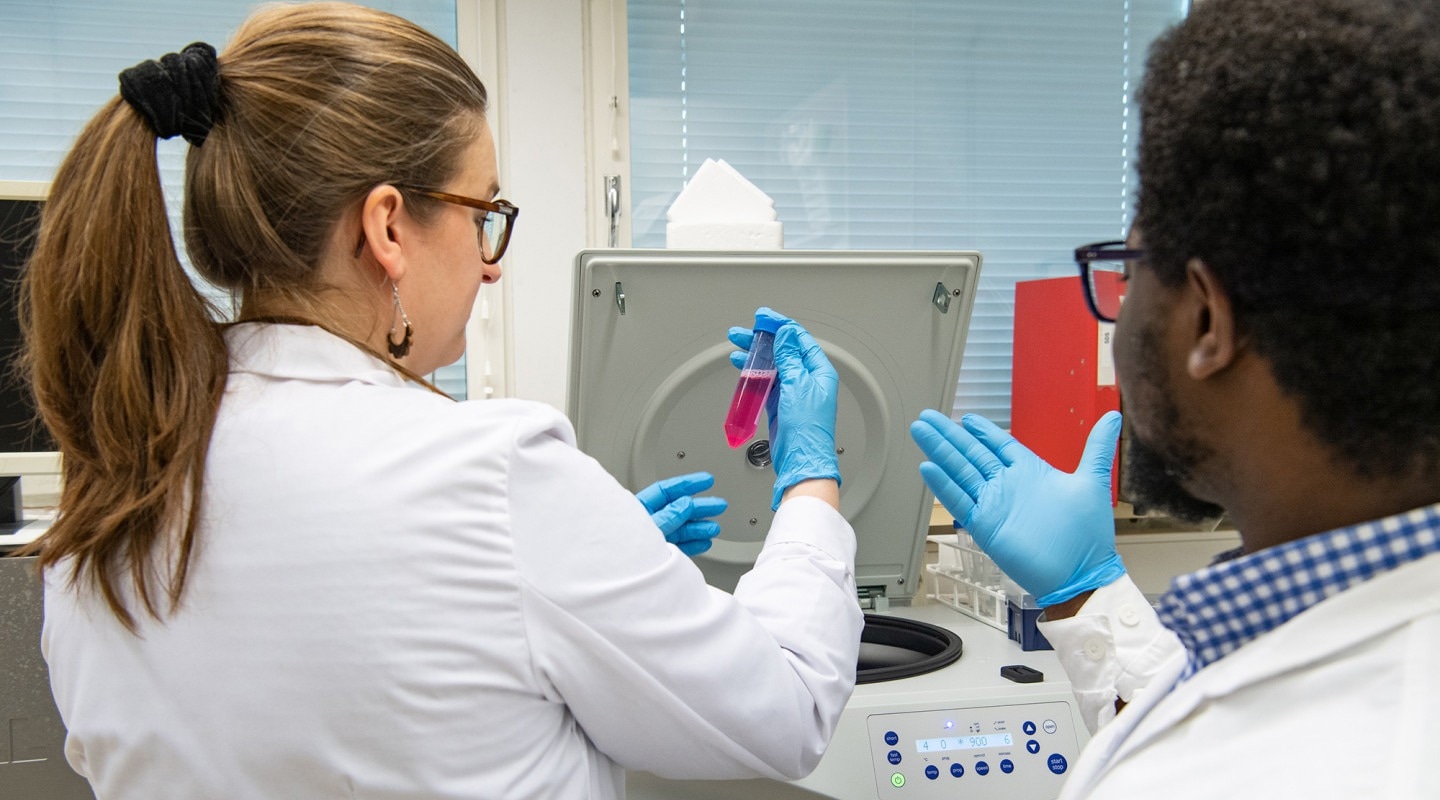A new study from the University of Eastern Finland identified 12 different cell types involved in the pathogenesis of coronary artery disease, CAD. The researchers also showed that the genetic risk factors for CAD take their effect especially via smooth vascular muscle cells, which change their phenotype as the disease progresses. Based on the findings, the researchers devised a risk score system that could help to predict individual risk for CAD and to identify the most appropriate course of treatment in the future.

Single cell technologies are becoming more and more important in biomedical research. They enable increasingly accurate cell-specific analysis and understanding of disease mechanisms. Image Credit: University of Eastern Finland
The study was conducted by Professor Minna Kaikkonen-Määttä’s research group in the A. I. Virtanen Institute for Molecular Sciences at the University of Eastern Finland. The cell types associated with coronary artery disease were identified using the latest single cell technology.
According to Professor Kaikkonen-Määttä, the findings significantly increase our understanding of the pathogenesis of coronary artery disease:
The way the disease progresses in different people may, in part, be affected by different genetic risk factors that are mediated via different cell types and mechanisms. This understanding may help to prevent the disease more effectively in the future, while also enabling the development of better and individually tailored treatments.”
Professor Kaikkonen-Määttä, A. I. Virtanen Institute for Molecular Sciences, University of Eastern Finland
Coronary artery disease is a major public health concern globally, which can lead to heart attack and stroke as the disease progresses. Coronary artery disease is one of the leading causes of death worldwide.
The findings were published in the American Journal of Human Genetics.
Source:
Journal reference:
Örd, T., et al. (2023). Dissecting the polygenic basis of atherosclerosis via disease-associated cell state signatures. The American Journal of Human Genetics. doi.org/10.1016/j.ajhg.2023.03.013.